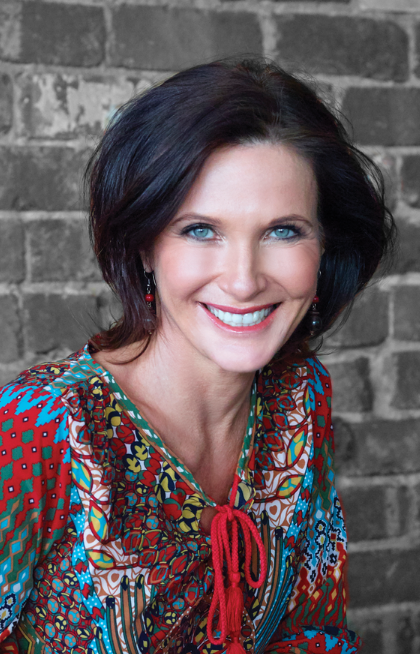5 Intuitive Ways to Discern Good Advice From Bad

Let’s face it. If you’re looking for advice, you’ll find no shortage of it—on how to invest your money, raise your kids or navigate your next career move.
I’ve been given copious amounts of advice over the years. “You should always wear red,” one branding expert told me. It’s your, “… brand color”. I pondered it for a while but decided the idea of always wearing red, as much as I love the color, would grow incredibly tiresome and constraining. I like green and blue and pink and some days I just feel like wearing black.
No doubt you’ve also been given plenty of well-intentioned advice. Perhaps, like me, you have also not been sure which bits to take and which to leave. Certainly for me, learning to discern good advice from bad has come from following too much of the latter. So if you’re facing a decision and unsure what to do or who to consult, here’s my two cents of advice to you…
1. Seek advice from multiple sources.
If everyone you know is telling you to do the same thing, it’s a sign that either a) it’s a wise thing to do, or b) your network is very same-same. To ensure it’s not the latter, make sure you reach out to a diverse pool of people for their opinion and guidance. When I moved to Dallas in 2001, I relied only on one realtor’s advice on where to live. It was a mistake. As I got to know the area better, I realized there were numerous areas I would have enjoyed living in more. I’ve always consulted multiple sources since.
2. Listen with an open mind.
There are many people who have experience, insight and expertise that you don’t so extract as much value from it as you can. There’s no point reinventing the wheel or making the same mistakes they did. That said, as you listen, also consider how their values, circumstances, goals and personality differ from your own. A winning formula for one person doesn’t always work the same for another.
3. Consider self-interest.
People always speak from some concern or need. Maybe it’s purely to help you, but very often it’s also to make them feel better about their own choices (even at an unconscious level). Like which school you should go to (or send your kids to) or the best place to purchase property. So just consider what agenda, bias, insecurity or unspoken need might be driving their advice. This doesn’t mean it’s not still good advice, but it might.
4. Tune into your intuition.
Once I feel I’ve got a broad enough base of advice, I then take some time to tune into my gut and ask myself, “What feels right for me, right now?” When it comes to a big decision in life, sometimes you have to stop all the analysis and just ask yourself what feels right for you. If a certain path feels right, then it probably is. And if it doesn’t? Then it’s probably not! Sure do your research, poll the experts, but in the end, don’t ignore gut instinct. I believe we all have an ‘inner sage’ that’s trying to point us in the right direction. Tune into it.
5. Give yourself permission to make an imperfect decision.
Too often we let our fear of making a wrong decision keep us from making a right one. It’s how people arrive at a point of paralysis by analysis. To avoid tying yourself in a big knot—trying to figure out the best thing to do—give yourself permission to make the best decision you can right now, with what you know right now, with the advice you’ve been given up to now. If down the track you come to a point that you think you need to adjust course, then do so. Just don’t spend too much time trying to find the perfect person to give you the perfect advice. It could be a long, frustrating and futile wait.
Never give anyone else the carte blanche authority to decide what is best for you, because no one knows you (or appreciates your circumstances) better than you.
That’s all the advice I’ve got. Take what works. Ditch the rest!


